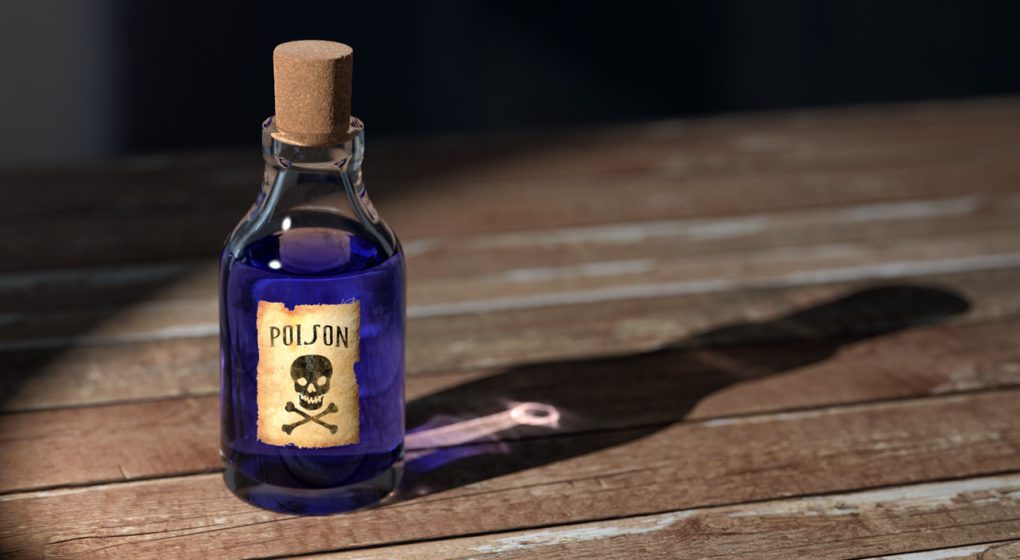
So you fancy yourself a bit of a green thumb huh? You’ve got a few plants outside and perhaps even a few indoors to green up your place and provide some nice fresh oxygen right? I do the same, but little did I know that a huge number of common plants around the house are incredibly dangerous to our feline friends. Even things that are perfectly fine for humans to eat can be incredibly toxic for your cat if they happen to ingest it.
To ensure your cat is safe you’ll want to do a quick review of any plants you have against this list of plants poisonous for cats. Many cats won’t bother your plants at all, especially if they’ve got lots of other things to keep them active and busy. That being said, there are plenty of cats that are quite entertained by beating up and chewing on any house plant they come across. Given the potential health issues that can come from your cat eating these plants you should definitely take a look at the list just to make sure you know the signs your cat will exhibit if she has made a meal out of your favorite plant.
So Which Plants Should I Look Out for?
If you’d prefer to scan pictures and read through the names I’ve outlined a pretty comprehensive list below. These are 31 of the most common houseplants that can be dangerous to your cat if eaten. If you’re wondering why 31, mostly because I originally set out to provide a list of 30 but after the fact discovered that the green parts of a tomato plant can be dangerous. I figured that since tomato plants are so common I had better include it in the list, and thus 31.
Note the list is in alphabetical order, not in order of severity or danger. Any of the below plants can cause serious issues for your cat if they eat enough of it, the quantity that determines enough varies by each specific plant. Do your best to keep an eye on your kitty and make sure they have other good stuff to chew on like cat grass or catnip.
I’ve also included a link from each individual plant over to the ASPCA & Poison Pet Helpline website so you can read up on the plant in more detail if you’d like.
| Photo | Plant Name | Level of Toxicity | Top Signs of Ingestion |
 |
Amaryllis | Generally mild to moderate |
|
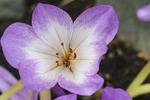 |
Autumn Crocus | Generally mild to severe |
|
 |
Azalea | Generally mild to severe |
|
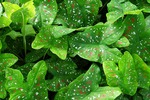 |
Caladium | Generally mild to moderate |
|
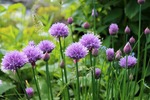 |
Chives | Generally mild to moderate |
|
 |
Chrysanthemum | Generally Mild |
|
 |
Cyclamen | Generally Mild to Moderate |
|
 |
Daffodils | Generally Mild to Moderate |
|
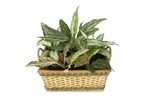 |
Dieffenbachia | Generally mild to moderate |
|
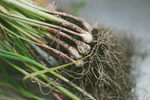 |
Garlic | Generally mild to moderate |
|
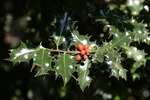 |
Holly | Generally mild to moderate |
|
 |
Hyacinth
|
Generally mild to moderate |
|
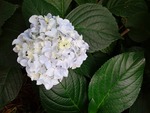 |
Hydrangea | Generally mild to moderate |
|
 |
Iris | Generally mild to moderate |
|
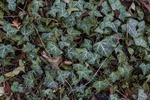 |
Ivy | Generally mild to moderate |
|
 |
Kalanchoe | Generally mild to severe |
|
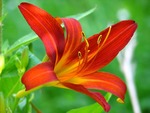 |
Lilies
(Tiger, Day, Easter, Star Gazer, Japanese) |
Generally Moderate to severe |
|
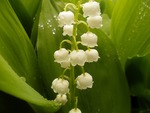 |
Lily of the Valley | Generally Moderate to severe |
|
 |
Marijuana | Moderate to severe |
|
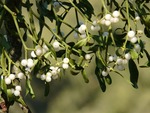 |
Mistletoe | Generally mild to moderate |
|
 |
Morning Glory | Generally mild to moderate |
|
 |
Oleander | Generally moderate to severe |
|
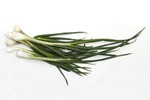 |
Onion | Generally mild to moderate |
|
 |
Peony | Generally mild |
|
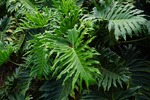 |
Philodendron | Generally mild to moderate |
|
 |
Poinsettia | Mild |
|
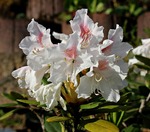 |
Rhododendron | Generally mild to severe |
|
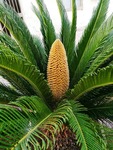 |
Sago Palm | Severe |
|
 |
Tomato Plant | Generally mild to moderate |
|
 |
Tulips | Generally mild to moderate |
|
 |
Yew | Generally Moderate to Severe |
|
I’m More of a Video Person
If on the other hand you prefer a video to show you the ropes you can check out this very informative, if a little odd, video from Dr. Steven Hansen at the ASPCA. Dr. Hansen goes through a list of about 17 different plants and the potential issues they might cause your cat. The presentation is a bit funny to watch given the delivery, but it is loaded with great information:
Even if a bit dated, it was a great watch right? I’m sure you learned something new from it, I know I did!
Wrapping things up:
Hopefully the list and the video have been helpful to you and will ensure your cat stays safe and sound in and around your home! While the list above calls out some of the most common household plants that are poisonous to cats there are literally hundreds of other plants that can make your cat sick. Note I’m not trying to fear monger and keep you from growing plants, I have numerous plants in the house with no issues at all. I’m simply encouraging you to check your plants against the list of plants poisonous to cats to keep your furry feline friend safe!
For more comprehensive lists please visit the following links:
-
- The ASPCA Poison Database – Here you can search for any plant and see if it is poisonous to cats. The search is kind of clunky and you have to manually scroll through many pages sometimes, but the information is very useful.
- Pet Poison Help Line – Here you can search for any plant and see if it is poisonous to cats (as well as dogs, horses and bunch of other animals).
- The Cat Fancier’s Association’s Comprehensive List – Everything is on one page so it is very quick to do a CTRL-F and find your plant of interest, but there’s not much beyond the plant names.
If you’re having problems with your cat eating your house plants inside then check out my article on helping you avoid this potentially hazardous activity. The article is full of proven methods to keep your cats away from plants, and if you can’t keep them away there are some alternatives as well like growing your own cat grass.
If you’re worried your cat has eaten a poisonous plant then get your cat to a veterinarian as quickly as possible and bring the plant along with you for ease of identification. If it is after hours and you need help immediately then you can try one of the following:
- Contact the ASPCA National Animal Poison Control Center at one of these numbers: 1-888-426-4435 (a $65 dollar charge might apply)
- Call the Pet Poison Help Line at 855-764-7661 (note there is a $59 dollar charge for their help)
Please share any experience you have in keeping your cat from eating plants, poisonous or not. Feel free to leave a comment about it below or email me directly at Craig@StuffCatsWant.com. I’ll be happy to update the article to reflect any additional information!
Please note that StuffCatsWant is providing this information as a service to the public. I am not a veterinarian and nor do I claim to be. Your veterinarian should handle any diagnosis and treatment if your cat has eaten any of the plants above. StuffCatsWant disclaims all warranties and liability related to the veterinary advice and information provided on this site.
StuffCatsWant.com is a participant in the Amazon Services LLC Associates Program, an affiliate advertising program designed to provide a means for sites to earn advertising fees by advertising and linking to Amazon.com.
